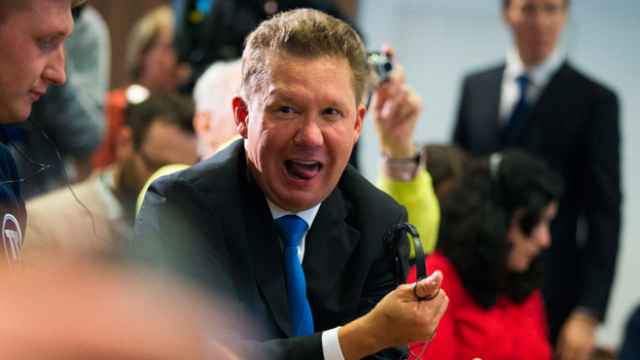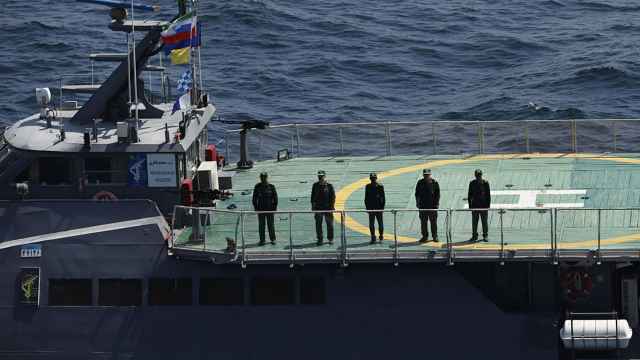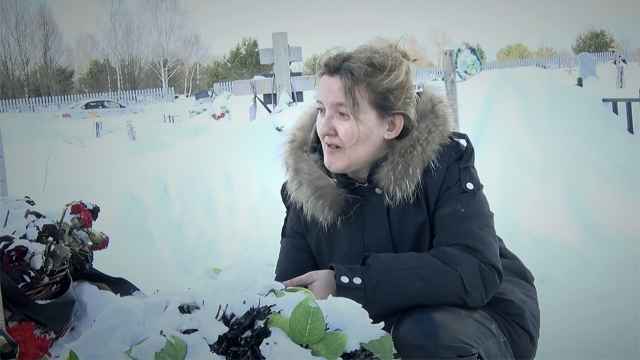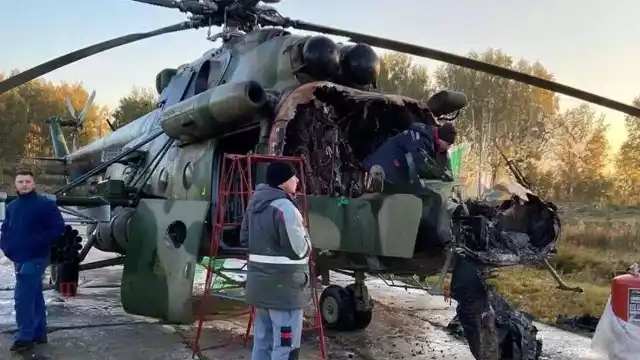It is foolish to expect gas to flow as usual through Ukraine this winter, and Europe must brace for disruption along the route that typically carries almost half of Russia's exports to the European Union, a top Czech energy official said Monday.
Speaking at the Reuters Eastern European Investment Summit, Czech energy security ambassador Vaclav Bartuska said he doubted a cease-fire between the Ukraine government and Russian-backed separatists would hold through the winter, making it likely that fighting will block deliveries at some point.
"I would say it would be foolish to expect business as usual this winter vis-a-vis transit through Ukraine," said Bartuska, who has served as the EU country's top energy envoy for the past eight years.
"Our baseline scenario for this winter is that there will be no gas through Ukraine, no transit this winter. That is the baseline scenario, that is the expectation."
Russia cut off gas supplies to Ukraine in June because of a dispute over Ukraine's unpaid gas bill. This year Gazprom, Russia's top natural gas producer, has significantly decreased deliveries to Europe via Ukraine, electing to supply its customers through alternative routes.
Bartuska said the Czechs had learned their lesson from a pricing dispute in the winter of 2009, when Russians stopped supplies via Ukraine, leaving much of Central and Southeastern Europe scrambling for gas in freezing temperatures.
New pipeline links have allowed some countries in the region such as the Czech Republic to access Western markets as well as the Nord Stream pipeline, which brings gas from Russia to Europe via Germany and bypasses Ukraine, he added.
"For the Czech Republic … no transit through Ukraine is something we can live with," Bartuska said. "It will be difficult for some countries especially in the south and eastern part of Europe.
"Bulgaria and Hungary from the [EU] member states could be most hit. Of the non-members, Moldova and Serbia will probably be the most hit."
A Message from The Moscow Times:
Dear readers,
We are facing unprecedented challenges. Russia's Prosecutor General's Office has designated The Moscow Times as an "undesirable" organization, criminalizing our work and putting our staff at risk of prosecution. This follows our earlier unjust labeling as a "foreign agent."
These actions are direct attempts to silence independent journalism in Russia. The authorities claim our work "discredits the decisions of the Russian leadership." We see things differently: we strive to provide accurate, unbiased reporting on Russia.
We, the journalists of The Moscow Times, refuse to be silenced. But to continue our work, we need your help.
Your support, no matter how small, makes a world of difference. If you can, please support us monthly starting from just $2. It's quick to set up, and every contribution makes a significant impact.
By supporting The Moscow Times, you're defending open, independent journalism in the face of repression. Thank you for standing with us.
Remind me later.





